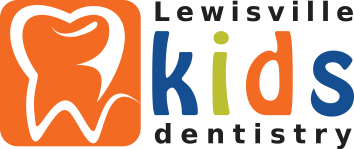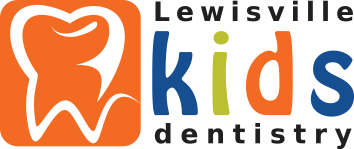Posted on March 15, 2022
Tooth decay is the most common chronic disease for children and adolescents. About ¼ of children and more than half of teens currently have this illness. Additionally, the Centers for Disease Control and Prevention (CDC) reports that 90% of adults over age 20 have some amount of tooth-root decay. However, tooth decay is highly preventable. By providing effective dental care during childhood, better long-term oral health may be achieved.
Here are some practices that can help prevent tooth decay, gum disease, and other oral health issues at every age:
Hygiene
Brush teeth twice each day with a soft-bristled brush. Clean your tongue gently with your toothbrush or a tongue scraper. Use fluoride toothpaste to help strengthen enamel. Children should use only toothpastes designed for kids’ use. Replace toothbrushes every 2-3 months.
Clean between teeth daily. Use dental floss or another interdental cleaner. Talk to your hygienist for a recommendation and instructions for effective use.
Diet
Eat healthy foods and limit sugary and acidic foods. Drink plenty of water.
Sealants
A recent study on the effectiveness of sealants was published jointly by the American Dental Association (ADA) and the American Academy of Pediatric Dentistry (AAPD). They found that sealants can prevent up to 80% of tooth decay in permanent molars when used for children and teens. Adults may see similar benefits from use, as well. Additionally, no adverse effects have been reported with use of sealants on patients of any age. Talk to our pediatric dentist in 75067 about whether dental sealants may help you prevent tooth decay.
Fluoride
Fluoridation of public water has been listed by the CDC as one of the great achievements in public health in the 20th century. Studies have shown tooth decay in children who have fluoridated water sources is reduced by up to 40%. If you have concerns about tooth enamel weakness or if you live in an area without fluoridated water, ask our dentist whether supplemental fluoride may be right for you.
Dental Care
Visit our office for a professional dental cleaning and thorough exam at least twice each year, or as instructed. Seek treatment right away if issues are identified.
Effective preventive care saves time and money and can help ensure a lifetime of healthy, beautiful smiles. For more information about tooth decay prevention, contact our pediatric dental office in Lewisville, TX.


